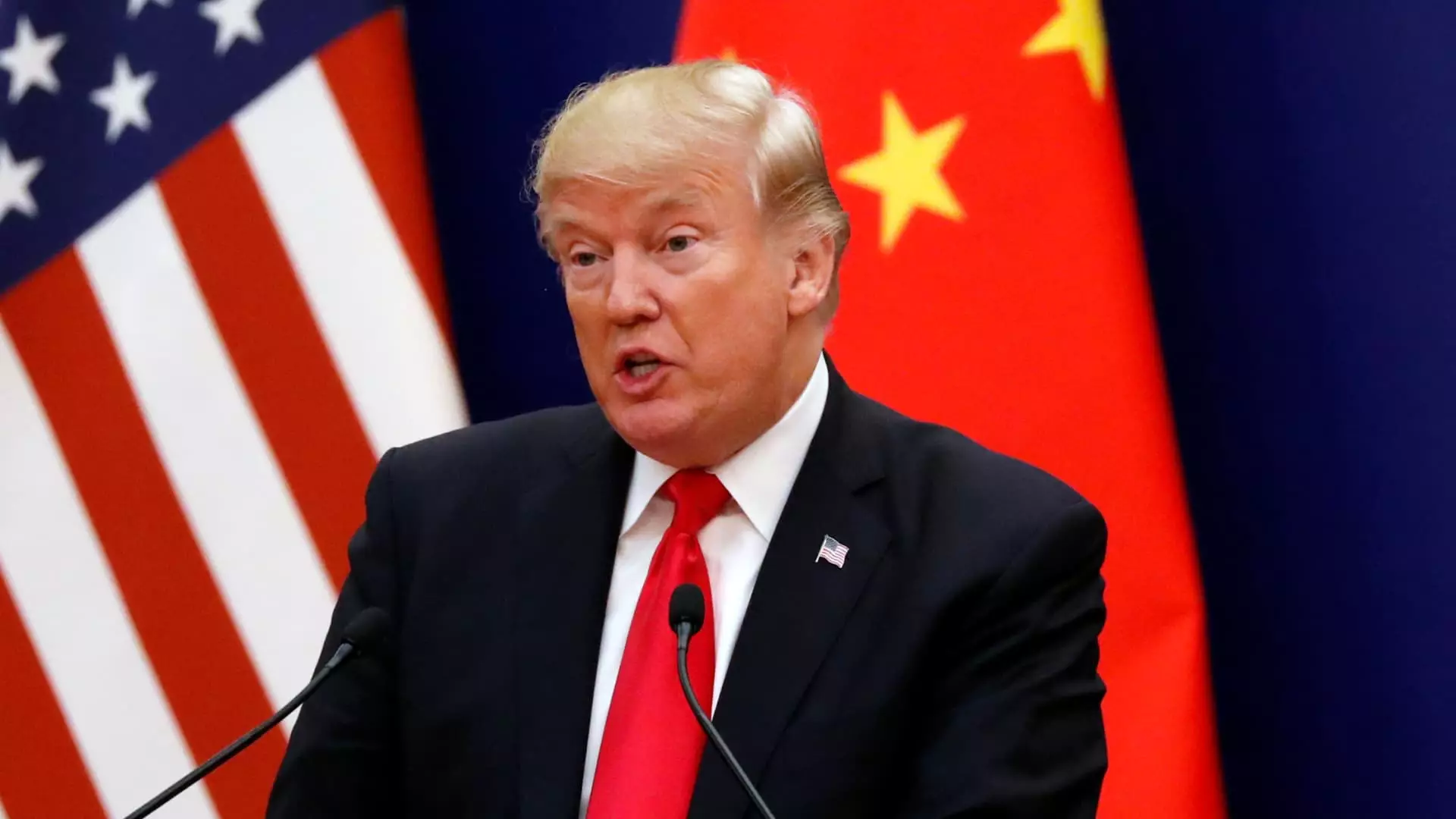Tariffs, or taxes on imported goods, have been a hot topic of debate in economic policy. Former President Donald Trump was a strong advocate for tariffs during his time in office, believing that they could benefit the American economy. However, critics argue that tariffs can have negative consequences, such as making imported goods more expensive and potentially leading to inflation. In this article, we will explore the potential pros and cons of using tariffs in economic policy.
Pros of Tariffs
One of the main arguments in favor of tariffs is that they can help protect domestic industries from foreign competition. By imposing tariffs on imported goods, the government can make it more expensive for consumers to buy foreign products, thus giving a competitive advantage to domestic producers. This can help to safeguard jobs in industries that are at risk of being outsourced to other countries.
Former President Trump believed that tariffs were essential for protecting American industries, particularly in sectors such as steel and aluminum. He claimed that by imposing tariffs on Chinese steel, he was able to revitalize the struggling steel industry in the United States. Additionally, Trump argued that tariffs could be used as leverage in trade negotiations, giving the U.S. more power in dealing with other countries.
Cons of Tariffs
Critics of tariffs argue that they can be counterproductive and ultimately harm the economy. One of the primary concerns is that tariffs can lead to increased prices for consumers, as imported goods become more expensive. This can result in inflation, which erodes the purchasing power of consumers and can lead to economic instability.
During Trump’s time in office, some critics pointed out that while inflation remained relatively low, it was possible that tariffs could have negative long-term effects on the economy. It is essential to consider the broader implications of tariffs, not just their immediate impact on specific industries.
The debate over tariffs in economic policy is complex and multifaceted. While tariffs can offer protection for domestic industries and provide leverage in trade negotiations, they also come with potential drawbacks such as increased prices for consumers and the risk of inflation. It is essential for policymakers to carefully weigh the pros and cons of using tariffs and consider the broader economic impact before implementing them.

Leave a Reply